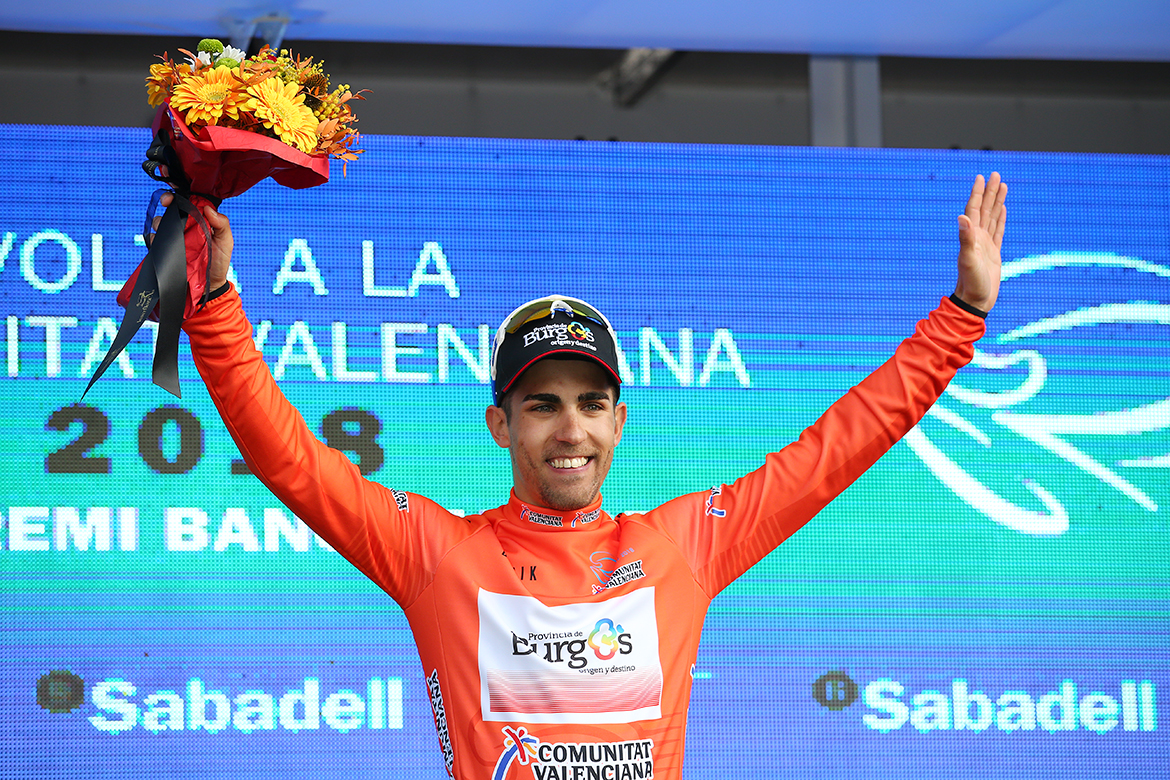Spanish court rules biological passport not valid for Salas' doping ban
Former Burgos-BH rider's four-year ban overturned

The on-again, off-again doping ban of Ibai Salas took yet another turn in favour of the Spaniard after his attorney Jose Rodriguez successfully convinced the seventh judicial review court in Madrid that the UCI's biological passport is not a valid method to determine a doping offence.
The former Burgos BH rider received a four-year ban in 2018 for anomalous passport values between January and August of 2017 by the Spanish anti-doping authorities, AEPSAD.
In 2019, Salas won an appeal to the Administrative Court of Sport in Spain that ruled the biological passport "is not sufficient to prove the commission of an infringement" of anti-doping rules.
WADA appealed to the Court of Arbitration for Sport which, in August, sided with the anti-doping ruling body, writing that the six blood samples that Salas provided were examined by the WADA-accredited laboratory in Barcelona and the panel unanimously concluded that the values were "highly abnormal" and "indicated a high probability of doping". The rider provided "no credible, physiological or pathological reason to explain the abnormality."
According to a report Iusport, in Salas' lawyer Jose Rodriguez argued that "no substance or prohibited method was detected."
The court agreed to acquit Salas based on an "absence of sufficient proof of the charge to exhaust the presumption of innocence".
The court wrote that the biological passport while justified for further investigation "in order to collect evidence proving an anti-doping rule violation" anomalous values in themselves cannot be classified as an adverse finding.
Get The Leadout Newsletter
The latest race content, interviews, features, reviews and expert buying guides, direct to your inbox!
WADA said they would "review the full decision and we reserve our right to appeal it if appropriate".
Cyclingnews is the world's leader in English-language coverage of professional cycling. Started in 1995 by University of Newcastle professor Bill Mitchell, the site was one of the first to provide breaking news and results over the internet in English. The site was purchased by Knapp Communications in 1999, and owner Gerard Knapp built it into the definitive voice of pro cycling. Since then, major publishing house Future PLC has owned the site and expanded it to include top features, news, results, photos and tech reporting. The site continues to be the most comprehensive and authoritative English voice in professional cycling.